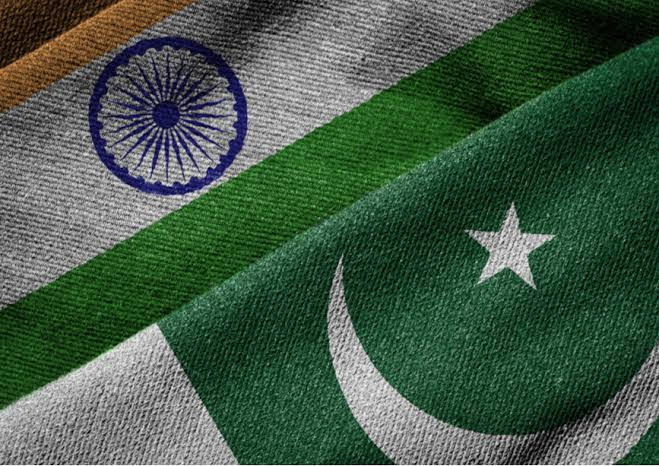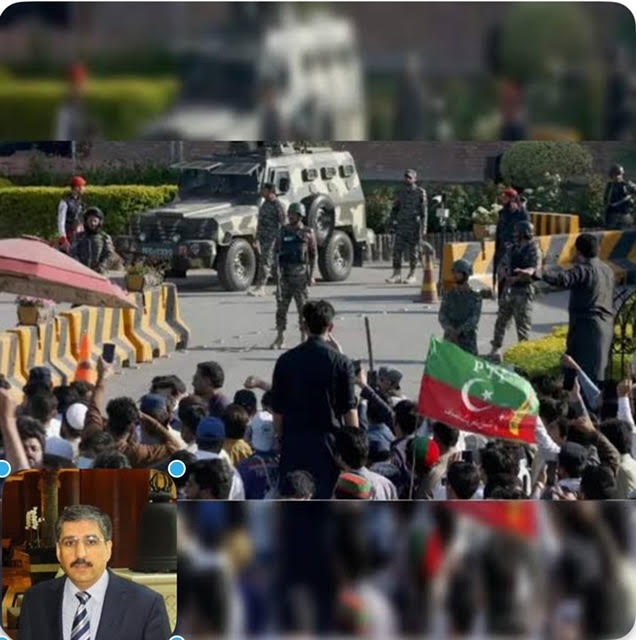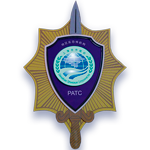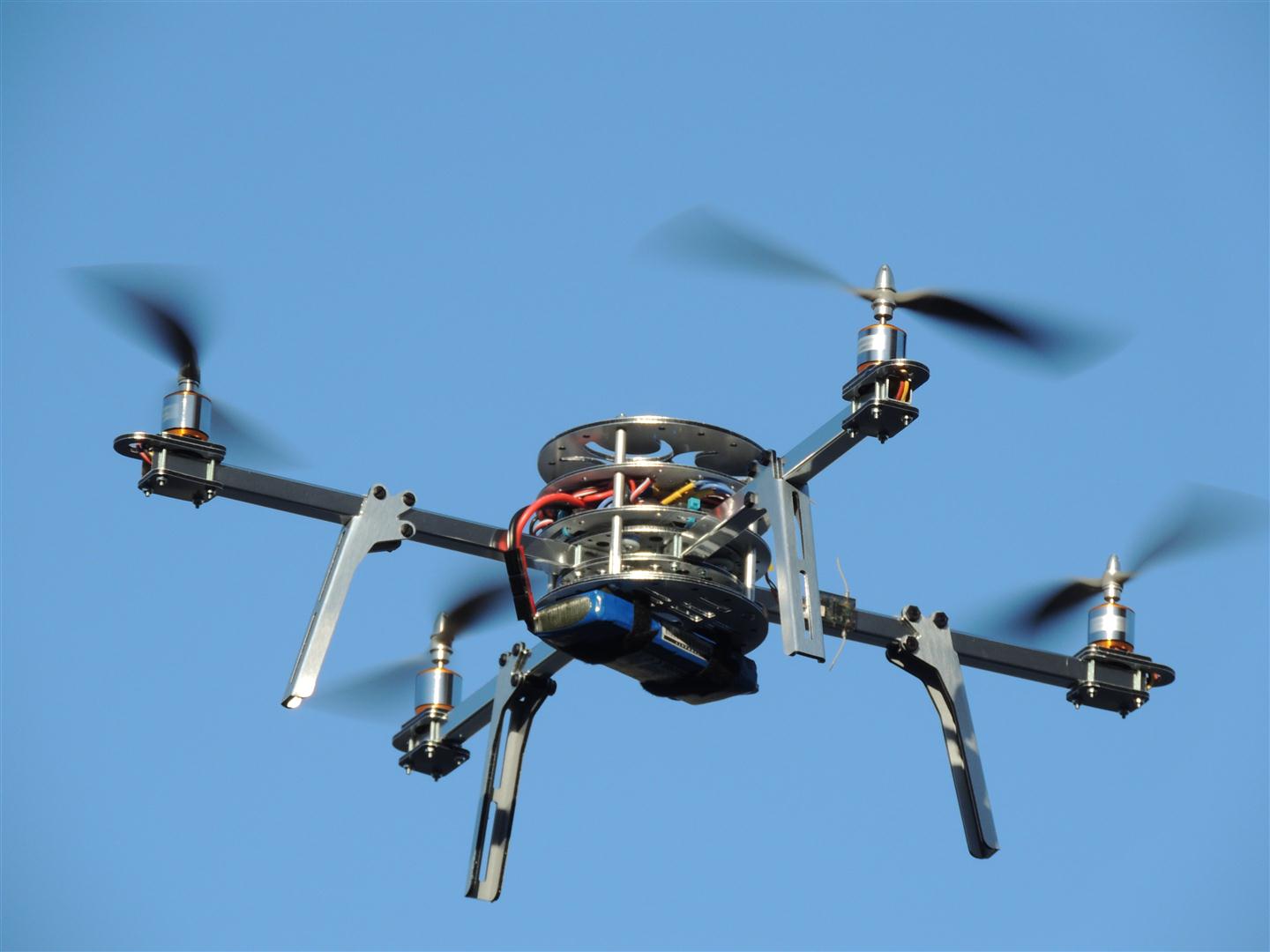Khurram Khan
The visit of Iranian President Masoud Pezeshkian to Pakistan, in the aftermath of two recent conflicts, is a significant geopolitical development. The recent 12-day conflict between Israel and Iran, followed by a 4-day war between India and Pakistan, has created both challenges and opportunities for Iran and Pakistan, two neighbouring nations seeking regional stability.
During Israel’s attack on Iran in June, several high-ranking IRGC and military officials were killed. U.S. President Donald Trump claimed that Ayatollah Ali Khamenei’s life was spared because he had opposed his assassination. However, despite Israel’s efforts and much to its chagrin, Iran’s nuclear infrastructure remained intact, and regime change did not occur.
Israel was forced to persuade the US to intervene and destroy Iran’s nuclear facilities. President Trump on the ruse that Iran did not comply to roll back its nuclear programme within the stipulated time frame bombed Iran’s nuclear facilities. Efficacy of the US bombardment in achieving the desired outcome is still questionable.
Israel is vigorously pursuing its desire to bring regime change in Iran that can not be realised without active involvement of the US. Iran and many observers are apprehensive of another Israel-US attack. Iran’s expressed keenness to resolve its differences with the US through dialogue is an effort to engage the US to ward off the threat.
India-Pakistan war that lasted four days before India ceased its so-called “Operation Sindoor” to avenge the killings of tourists allegedly by Pakistan based militant outfit Lashkar-e-Tayyiba (LeT) aka The Resistance Front. Pakistan retaliated by downing what is believed to be five Indian fighter aircraft, including a Rafale jet, though exact numbers remain unconfirmed. The tit for tat continued for four days before the hostilities were stopped on the US intervention. India, on its part, stated that Operation Sindoor has been suspended but not called off.
On several occasions, its political and military leadership has vowed to go after the terrorists inside Pakistan in future if there is another terrorist attack on Indian soil and Kashmir (IIOJ&K). They have dubbed it as “new normal”.
Pakistan has called upon India to start negotiations to resolve all issues including Kashmir and Indus Water Treaty that India has put on hold after the Pahalgam incident. India has spurred overtures of Pakistan and does not seem to adopt the path of negotiations to sort out the differences. The lurking Indian threat has not dissipated.
Iran and Pakistan are both asserting their sovereignty and territorial integrity in the face of growing external threats. In the Indo-Pak conflict, the role of Israel in the technological assistance to India became apparent. This war and that of future wars will not be fought on battlefields but in the air and with machine led armaments. Success of any regime change in Iran will bring enormous Israel presence and influence in the region. Pakistan, already facing two front situations – India in the east and TTP in the west – ill affords the presence of an Israel supported regime in Iran.
Israel is averse to military challenge from any Muslim country. It decimated Iraq’s nuclear facilities in 1981. Around the same time it had toyed the idea with India to destroy Pakistan’s nuclear capacities. An Iranian regime beholden to Israel would pose a serious security threat not only to Pakistan’s military capabilities but also to its territorial integrity.
Despite the cordial relationship Pakistan enjoys with the unpredictable Donald Trump, it continues to prioritise its national security. It has rightly embraced Iran witnessed in the warmth shown during the visit of President Masoud Pezeshkian. Iran seeks to leverage Pakistan’s strategic partnership with China by expressing interest in joining the China-Pakistan Economic Corridor (CPEC). In return, Pakistan could play a constructive role in facilitating dialogue between Iran and the United States.
The growing support for a two-state solution among major Western countries—following France’s recognition of the Palestinian state—has placed both Israel and the United States in a difficult position regarding a ceasefire in Gaza. Hamas, meanwhile, has rejected the release of Israeli hostages unless the establishment of a Palestinian state is guaranteed. In response to ongoing Israeli military actions in Gaza, Saudi Arabia has suspended the Abraham Accords, making normalisation with Israel contingent upon the creation of a Palestinian state.
Iran and Pakistan have long supported the Palestinian cause, albeit from different perspectives. Pakistan advocates for a two-state solution, envisioning a peaceful coexistence between Israel and a sovereign Palestinian state. In contrast, Iran rejects the legitimacy of Israel altogether. Pakistan could potentially play a constructive diplomatic role by encouraging Iran to support a pragmatic path toward the establishment of a Palestinian state, thereby helping to address the suffering of Palestinians in Gaza and the West Bank.
In addition to shared political concerns, both countries face significant security challenges. Pakistan continues to confront a foreign-influenced Baloch insurgency and the persistent threat of Tehreek-e-Taliban Pakistan (TTP) in Khyber Pakhtunkhwa. Similarly, Iran faces terrorism allegedly backed by foreign powers, with Israel often identified as a primary actor. Given these shared threats, Iran and Pakistan could strengthen counterterrorism cooperation through coordinated intelligence-sharing and joint security mechanisms.
The author is former Joint Director General, Intelligence Bureau, Govt. of Pakistan.



